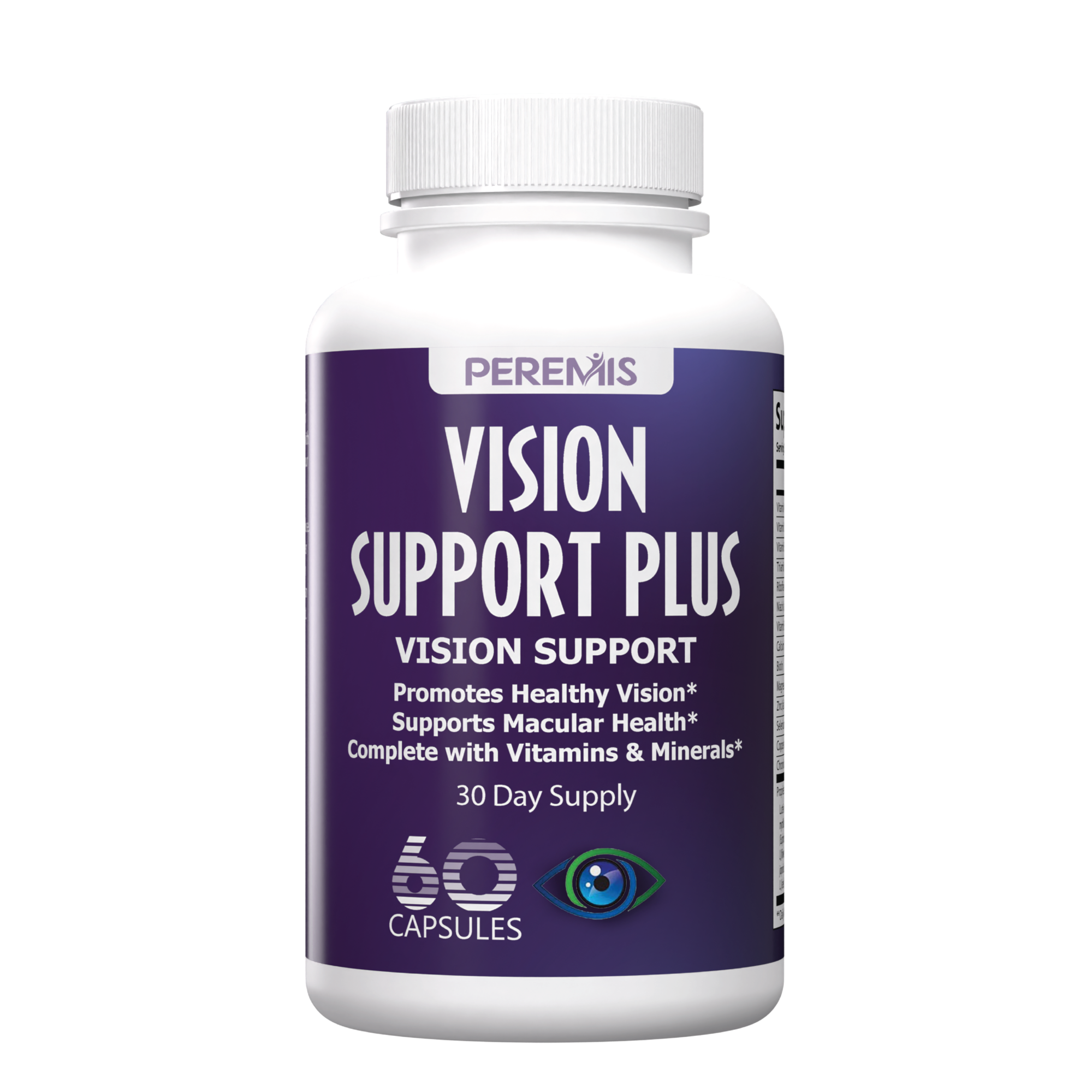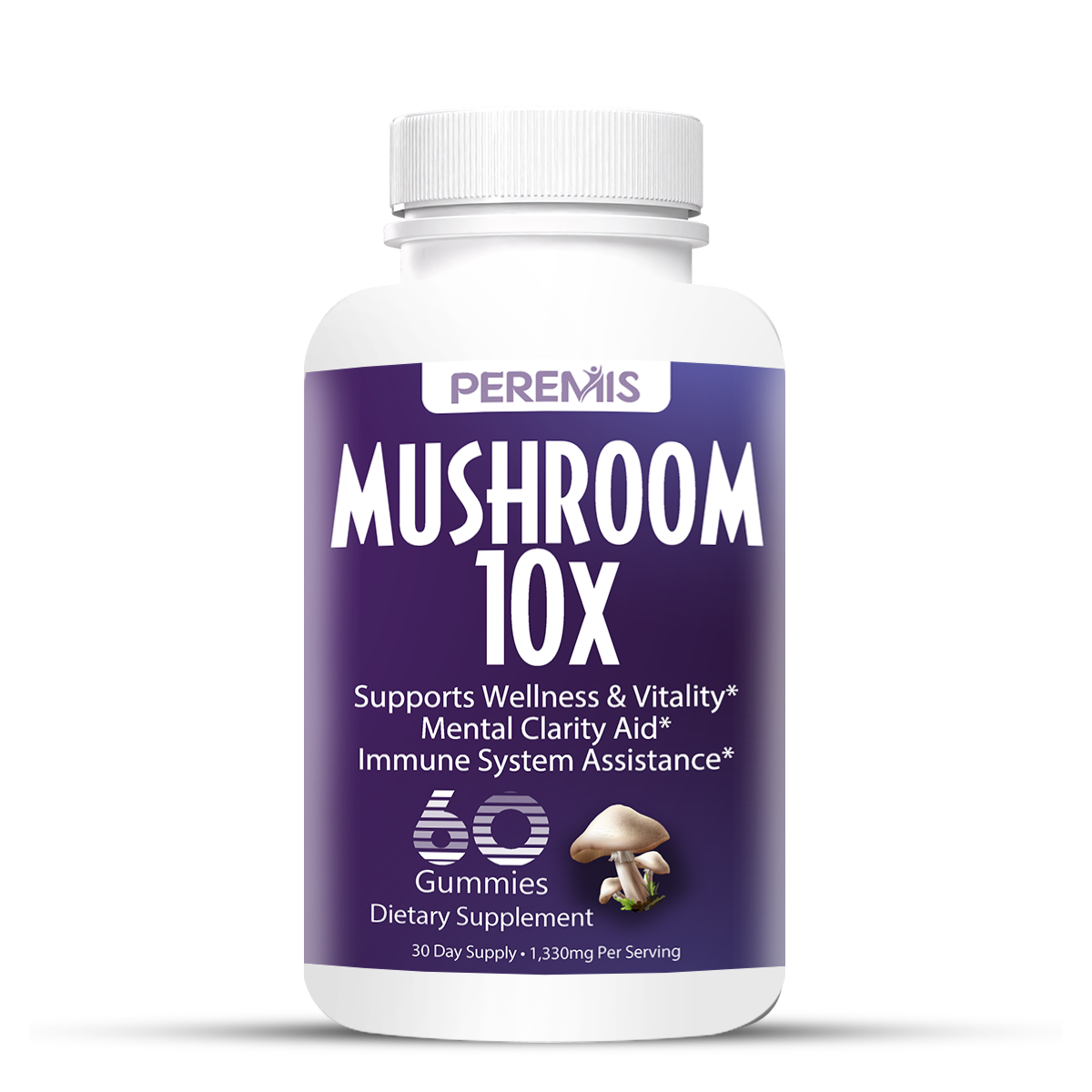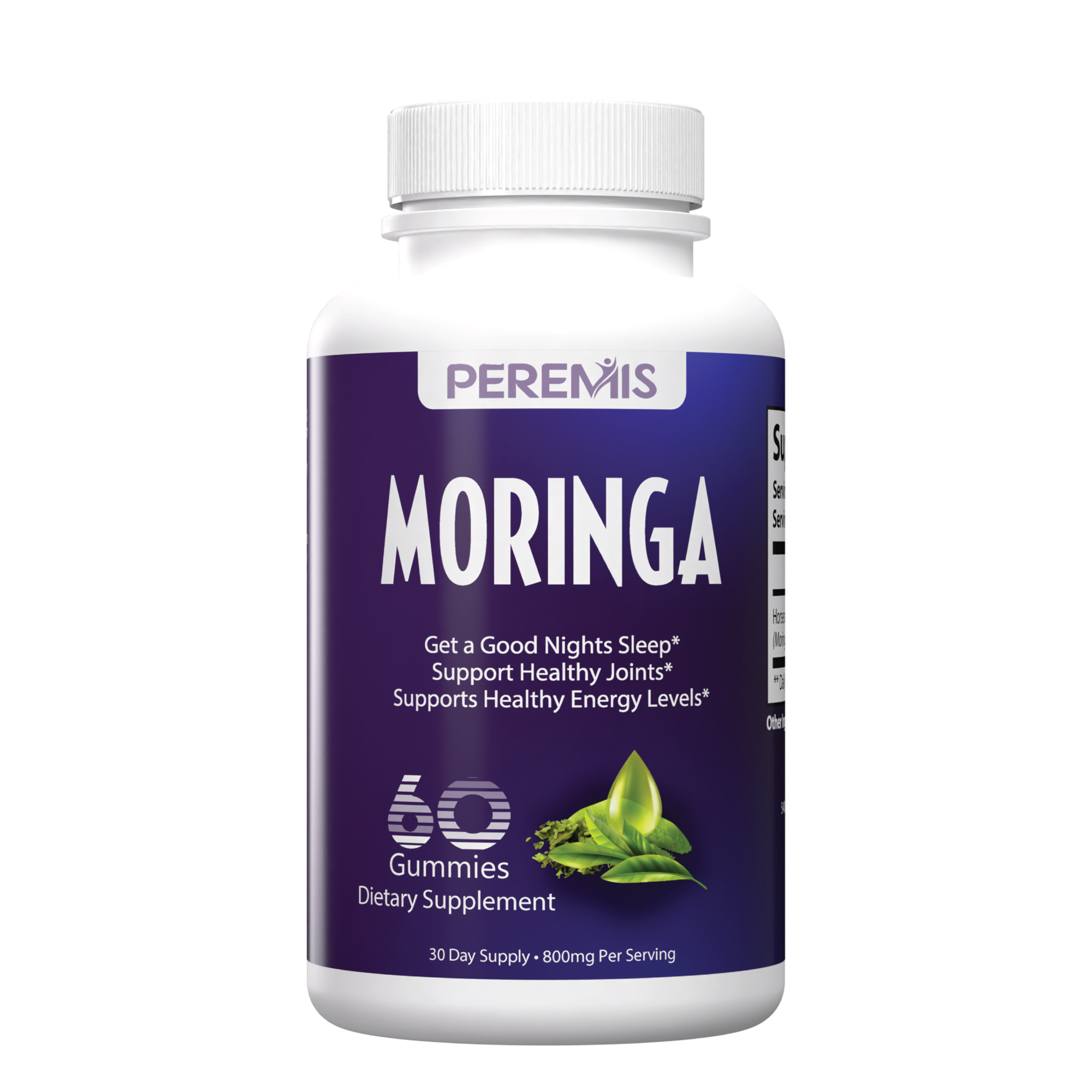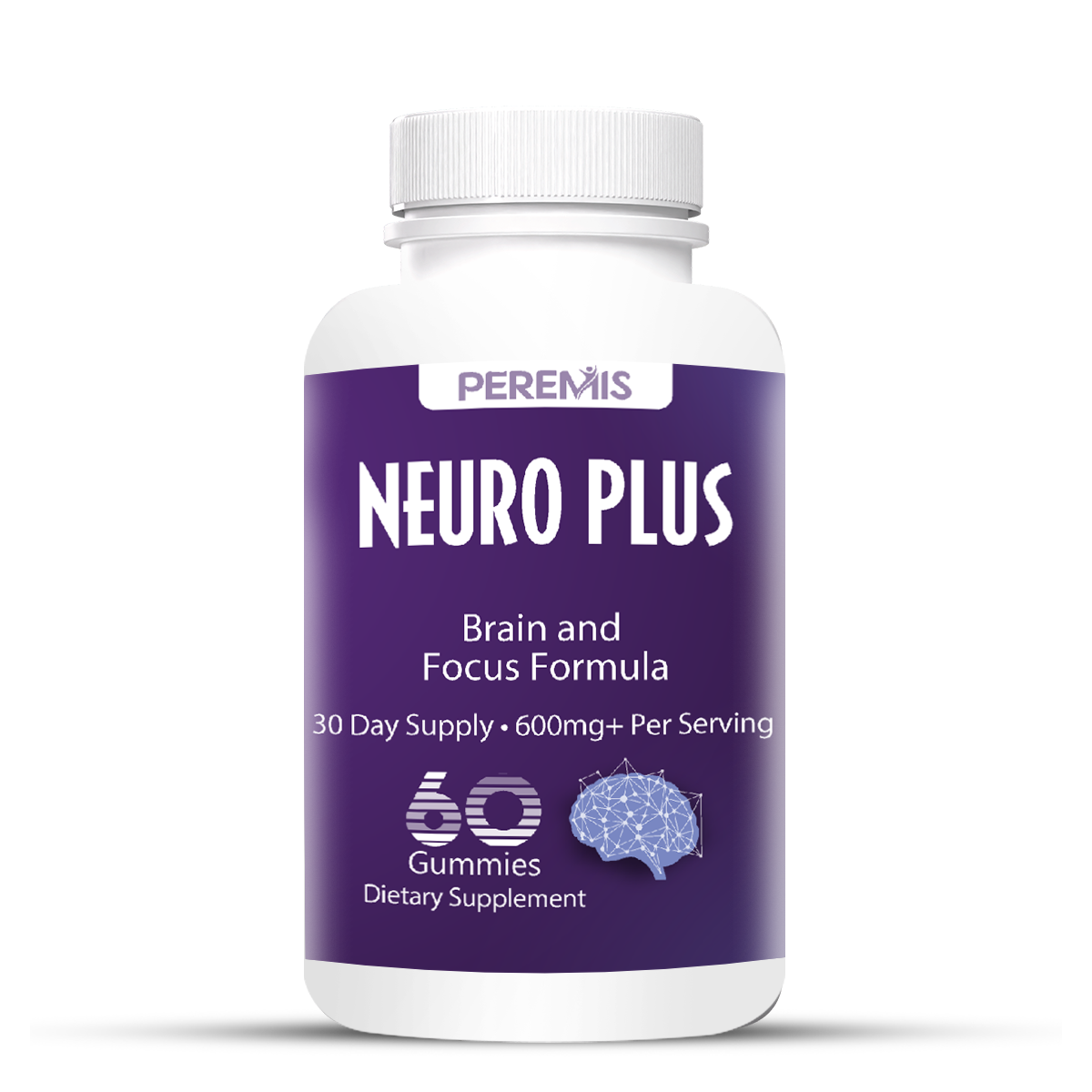Outline:
-
Introduction
-
Understanding Vitamin D and Vitamin D3
-
Are Vitamin D3 and D2 the Same?
-
Exploring the Benefits of Vitamin D3
-
The Best Time to Take Vitamin D3
-
Unveiling the Benefits of Vitamin D
-
Discovering the Top 10 Vitamin D Foods
-
Vitamin D3 Benefits for Women
-
Vitamin D Benefits for Men
-
Conclusion
Introduction
Did you know that Vitamin D plays a vital role in our overall well-being? It supports healthy bones, enhances our immune system, and promotes optimal muscle function. However confusion often arises when it comes to different forms of Vitamin D, particularly Vitamin D and Vitamin D3. Are they the same, or are they distinct entities with different benefits? In this blog post, we will unravel the mystery behind Vitamin D and Vitamin D3 and explore their remarkable benefits. Get ready to dive into the world of these essential nutrients and discover how they can contribute to your health and vitality.
Understanding Vitamin D and Vitamin D3
Before we delve into the similarities and differences between Vitamin D and Vitamin D3, let's first understand what they are. Vitamin D belongs to a group of fat-soluble vitamins that includes Vitamin D1, D2, and D3. Among these, Vitamin D2 (ergocalciferol) and Vitamin D3 (cholecalciferol) are the most pertinent to human health. While both forms are essential for our well-being, they do possess distinct characteristics and functions.

Are Vitamin D3 and D2 the Same?
One common question that arises is whether Vitamin D3 and D2 are interchangeable or if they offer identical benefits. Let's clear the air and shed light on this topic. While both forms of Vitamin D are important, research suggests that Vitamin D3 is more effective at raising and maintaining adequate levels of Vitamin D in our body. Vitamin D3 is primarily derived from animal sources, such as sunlight exposure, fatty fish, dairy products, and fortified foods, whereas Vitamin D2 is obtained mainly from plant-based sources. Therefore, although D2 can be converted into D3 within our body, Vitamin D3 is more readily absorbed and utilized by our system.
Exploring the Benefits of Vitamin D3
Now that we understand the uniqueness of Vitamin D3, let's dive into its plethora of benefits. Here are some remarkable advantages of Vitamin D3:
-
Bone Health: Vitamin D3 plays a pivotal role in calcium absorption, which is essential for maintaining strong and healthy bones. It helps prevent conditions like osteoporosis and rickets, particularly in older adults and children.
-
Immune System Support: Adequate levels of Vitamin D3 are crucial for a robust immune system. It helps our body fight off infections and protects against autoimmune diseases.
-
Mood Enhancement: Vitamin D3 has been linked to improved mood and a reduced risk of depression. It aids in the production of serotonin, a neurotransmitter responsible for regulating mood and overall mental well-being.
-
Muscle Function: Optimal Vitamin D3 levels contribute to enhanced muscle strength and function. It supports muscle performance, reducing the risk of falls and fractures, especially in the elderly.
-
Heart Health: Emerging research suggests that Vitamin D3 may have a positive impact on heart health. It helps regulate blood pressure, reduces inflammation, and improves overall cardiovascular function.
The Best Time to Take Vitamin D3
You might be wondering when the ideal time is to take your daily dose of Vitamin D3. While there isn't a definitive answer, some studies suggest that taking Vitamin D3 in the morning may yield better results. This is because exposure to sunlight in the morning helps optimize Vitamin D synthesis in our body. Remember, consistency is key when it comes to reaping the benefits of supplementation. Consult with your healthcare provider to determine the most suitable time for you based on your individual needs and circumstances.
Unveiling the Benefits of Vitamin D
Now that we have explored the remarkable advantages of Vitamin D3, let's broaden our horizons and discover the overall benefits of Vitamin D as a whole. Beyond its specific forms, Vitamin D offers the following benefits:
-
Improved Calcium Absorption: Vitamin D assists our body in absorbing calcium, ensuring strong bones, teeth, and overall skeletal health.
-
Enhanced Cognitive Function: Adequate Vitamin D levels have been associated with improved cognitive performance and a reduced risk of cognitive decline and dementia.
-
Reduced Risk of Chronic Diseases: Research suggests that optimal Vitamin D levels are associated with a lower risk of chronic diseases, including certain types of cancer, heart disease, and multiple sclerosis.
-
Promotes Healthy Pregnancy: Pregnant women need an adequate amount of Vitamin D for their own health and the development of their baby. Sufficient levels of Vitamin D support fetal bone development and reduce the risk of complications during pregnancy.
-
Boosted Weight Loss Efforts: Some studies show a correlation between Vitamin D levels and weight management. Maintaining optimal Vitamin D levels may aid in weight loss and prevent obesity.
Discovering the Top 10 Vitamin D Foods
While sunlight exposure and dietary supplements are important sources of Vitamin D, incorporating Vitamin D-rich foods into your diet can add significant value. Here are the top 10 foods that can naturally increase your Vitamin D levels:
-
Fatty Fish (such as salmon, mackerel, and sardines)
-
Cheese
-
Egg yolks
-
Fortified dairy products (such as milk and yogurt)
-
Cod liver oil
-
Mushrooms (exposed to sunlight)
-
Tofu
-
Fortified cereals
-
Orange juice (fortified with Vitamin D)
-
Beef liver
Including these foods in your meal plan can help optimize your Vitamin D intake and contribute to your overall well-being.
Vitamin D3 Benefits for Women
Women have specific health concerns and considerations, and Vitamin D3 can play a significant role in addressing these. Here are some key benefits of Vitamin D3 for women:
-
Menstrual Health: Adequate levels of Vitamin D3 may help regulate menstrual cycles and alleviate menstrual symptoms, providing relief to women experiencing irregularities.
-
Pregnancy Support: Vitamin D3 is crucial during pregnancy as it supports fetal bone development and reduces the risk of complications like preeclampsia and gestational diabetes.
-
Reduced Risk of Osteoporosis: Women are more susceptible to osteoporosis, and Vitamin D3 is essential for maintaining strong and healthy bones. Adequate Vitamin D3 levels can help reduce the risk of osteoporosis and fractures in women.
-
Breast Health: Some studies suggest that Vitamin D3 may play a role in reducing the risk of breast cancer. While more research is needed, maintaining sufficient Vitamin D3 levels may offer some protection.
Vitamin D Benefits for Men
Vitamin D is equally important for men's health. Let's explore some specific benefits of Vitamin D for men:
-
Testosterone Levels: Optimal Vitamin D levels have been linked to healthy testosterone levels in men, which play a crucial role in various aspects of men's health, including sexual health, muscle growth, and overall vitality.
-
Prostate Health: Emerging research suggests a potential link between Vitamin D levels and prostate health. Maintaining sufficient levels may help reduce the risk of prostate cancer and promote overall prostate well-being.
-
Heart Health: Vitamin D3, known for its positive effect on heart health, can be equally beneficial to men. It supports cardiovascular function, lowers blood pressure, and reduces the risk of heart disease.
-
Muscle Strength: Sufficient Vitamin D levels contribute to optimal muscle strength and performance in men, promoting an active lifestyle and reducing the risk of injuries.
Conclusion
Vitamin D and Vitamin D3 are both vital for our overall well-being, although they do possess some distinct differences. Vitamin D3, derived mainly from animal sources, is the more readily absorbed form, offering benefits such as improved bone health, enhanced immune function, mood regulation, and heart health. On the other hand, Vitamin D as a whole, including D2 and D3, provides advantages like enhanced calcium absorption, cognitive function, reduced risk of chronic diseases, and support during pregnancy. To maintain optimal Vitamin D levels, ensure sun exposure, incorporate Vitamin D-rich foods into your diet, and consult with your healthcare provider regarding Vitamin D3 supplementation if needed. By understanding the unique benefits of Vitamin D and Vitamin D3, you can take proactive steps towards a healthier and more vibrant life.
So, what are you waiting for? Unlock the benefits of Vitamin D and Vitamin D3 today and embrace a wholesome lifestyle enriched by these remarkable nutrients!
-
Discover more supplements on health and wellness that will empower you to take charge of your well-being here.
-
Stay updated with the latest advancements in nutrition and subscribe to our newsletter for regular health tips and insights here.
External Links:
-
CDC - Vitamin D and Health















